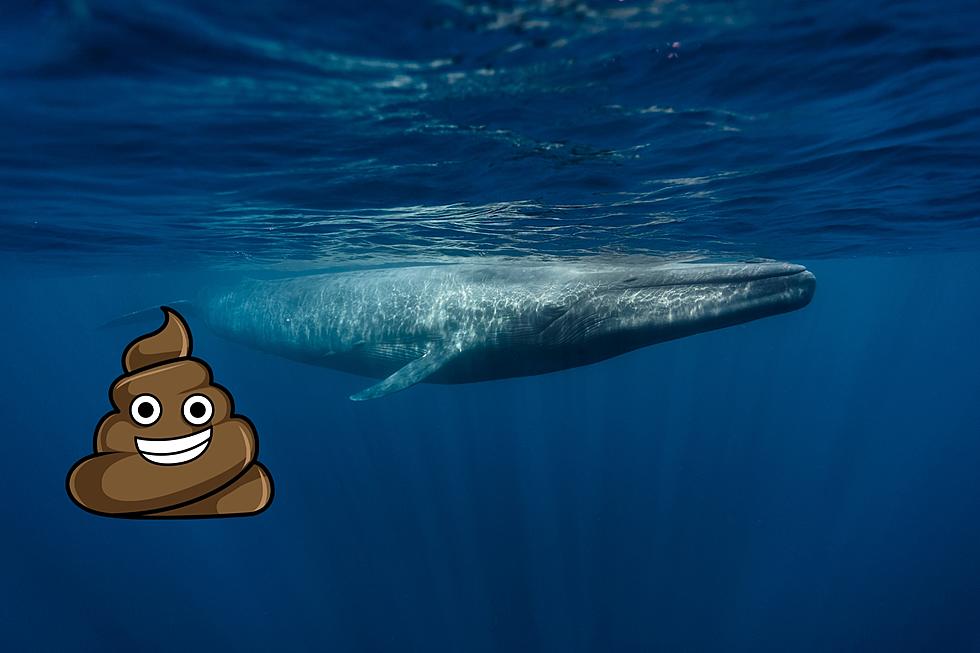
New Bedford Whaling Museum 3D Film Shows How Whale Poop Saves the World
NEW BEDFORD (WBSM) — So let’s start off by pointing out that there are a lot of stunning visuals and tons of interesting information in the 3D movie currently running at the New Bedford Whaling Museum, titled Blue Whales: Return of the Giants.
The Whaling Museum began showing 3D films in its auditorium back in September 2022, and it's a great addition to all of the other exhibits at the museum.
You don't need to purchase a museum admission to watch the film, either; you can purchase just a ticket to see the movie if you like.
The short film presents the story about how blue whales were once nearly extinct following centuries of whaling – at which New Bedford was at the forefront – before making a big comeback in recent years.
Not only is it educational, it’s entertaining, and an incredible use of 3D technology. It looks like the water is going to come pouring off the screen, yet it remains floating in mid-air.
You could reach out and touch the oily skin of the world’s largest mammal as the blue whales swim by you, leaping from the water into the theater.
Yet of all the whale facts and images stuffed into the roughly 25-minute run time, the part that stuck with me the most was seeing a blue whale take a poop, and learning how those poops are helping to keep our oceans alive – and us as well.
It’s called a “whale pump,” and it's a vital part of the ocean ecology and in creating the air that we breathe on land.
Blue whales feed on krill, eating up to about 40 million of the tiny crustaceans each day. They dive down to feed, and then as they return to the surface, they process the krill and circulate nutrients.
When they reach the surface, they take what amounts to the world’s biggest poop, and that poop is rich in those nutrients that then feed phytoplankton through photosynthesis.
According to Whale & Dolphin Conservation USA, those phytoplankton absorb nearly one-third of all human-generated carbon dioxide from the atmosphere, and produce half of our planet’s oxygen.
The phytoplankton also help keep marine life healthy as well, which means whale poop has benefits for basically all life on earth.

If you want to check out the film for yourself – and watch the “whale pump” in action in its entirety – you can purchase tickets on the Whaling Museum website. Tickets are $5, or $3 for museum members.
Daily showings are at 10:30 a.m., 11:30 a.m., 12:30 p.m., 1:30 p.m. and 2:30 p.m., and the film is going to run through at least March of next year.
After you're done watching the blue whales leap out of the screen, you can stand under the skeleton of one, and see how it's still dripping oil to this day.
A Behind-the-Scenes Tour of New Bedford's Zeiterion Theater
Gallery Credit: Tim Weisberg/Townsquare Media
Look Inside New Bedford's Abandoned Orpheum Theatre
Gallery Credit: Maddie Levine
More From WBSM-AM/AM 1420









